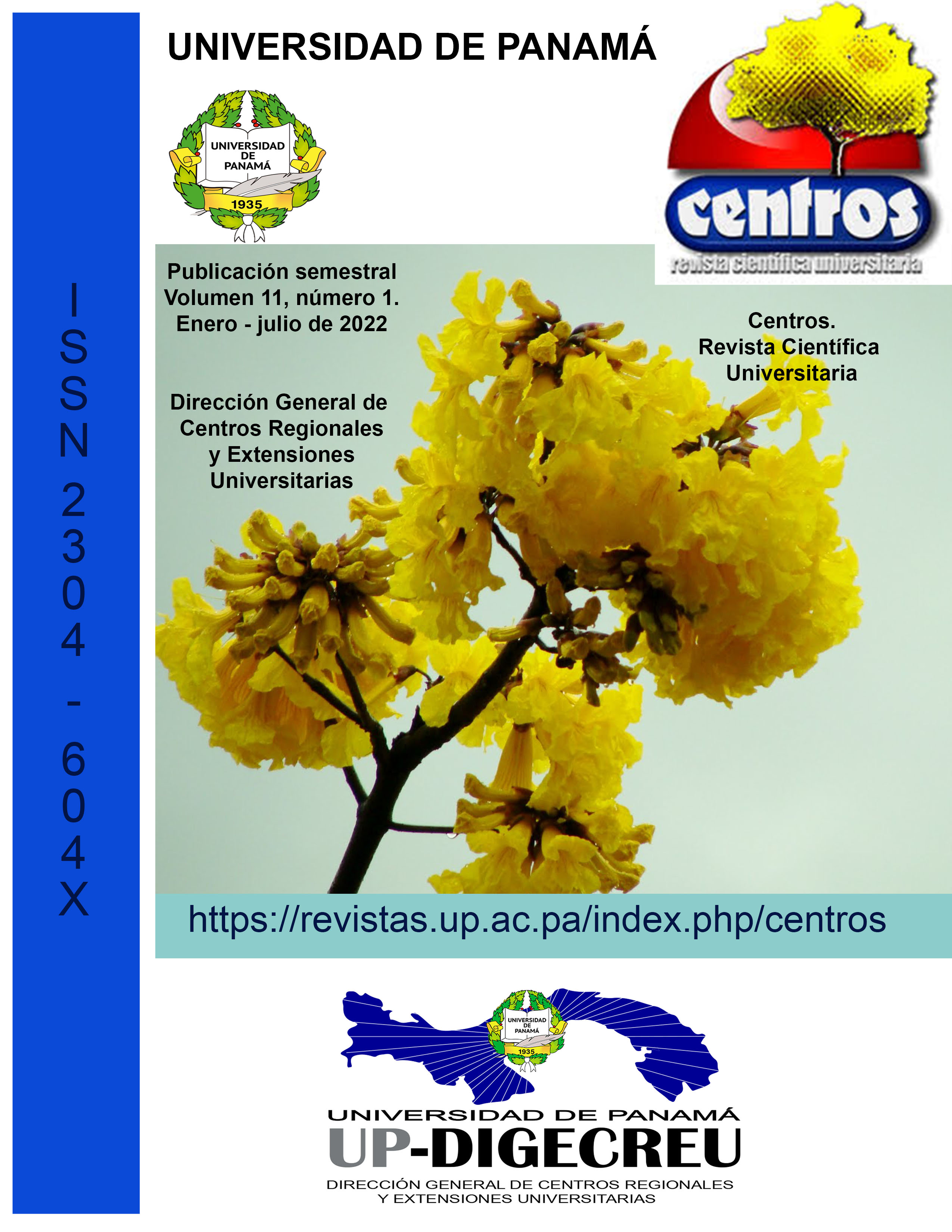

En esos tiempos, la mayoría de los países latinoamericanos tendieron a desatender las funciones de configuración del sistema educativo, para centrarse en las rutinas de prestación del servicio. El resultado fue que, a raíz de los profundos cambios en las estructuras macro sociales, el sistema educativo ingresó en un acelerado proceso de desconfiguración, derivado de la pérdida de eficacia. Aun eran incipientes los impactos de una globalización que transformaría las prácticas cotidianas, las formas organizativas y luego cuestionaría todos los supuestos sobre los que se levanta la praxis de los educadores y de los administradores. La gestión escolar en estos años ha separado las actividades administrativas de las actividades técnicas, docentes y pedagógicas, concentrando las primeras en manos de los directivos (administración general), lo que confirma la existencia de un grupo de acciones homólogas con un alto enfoque racional y comunes a un banco, una tienda de departamentos o un hospital, donde maniobran programas operativos de recursos materiales, financieros y humanos, así como el control de un adecuado funcionamiento de los servicios y procesos. Y es que Fayol (1987) precisaba el convencimiento de que, a través de la aplicación de sus principios de administración científica, se podría racionalizar la acción de todas las personas y de cualquier servicio, asegurando un funcionamiento regular, previsible, óptimo y eficiente.